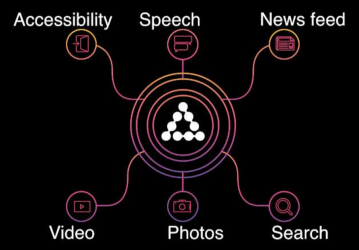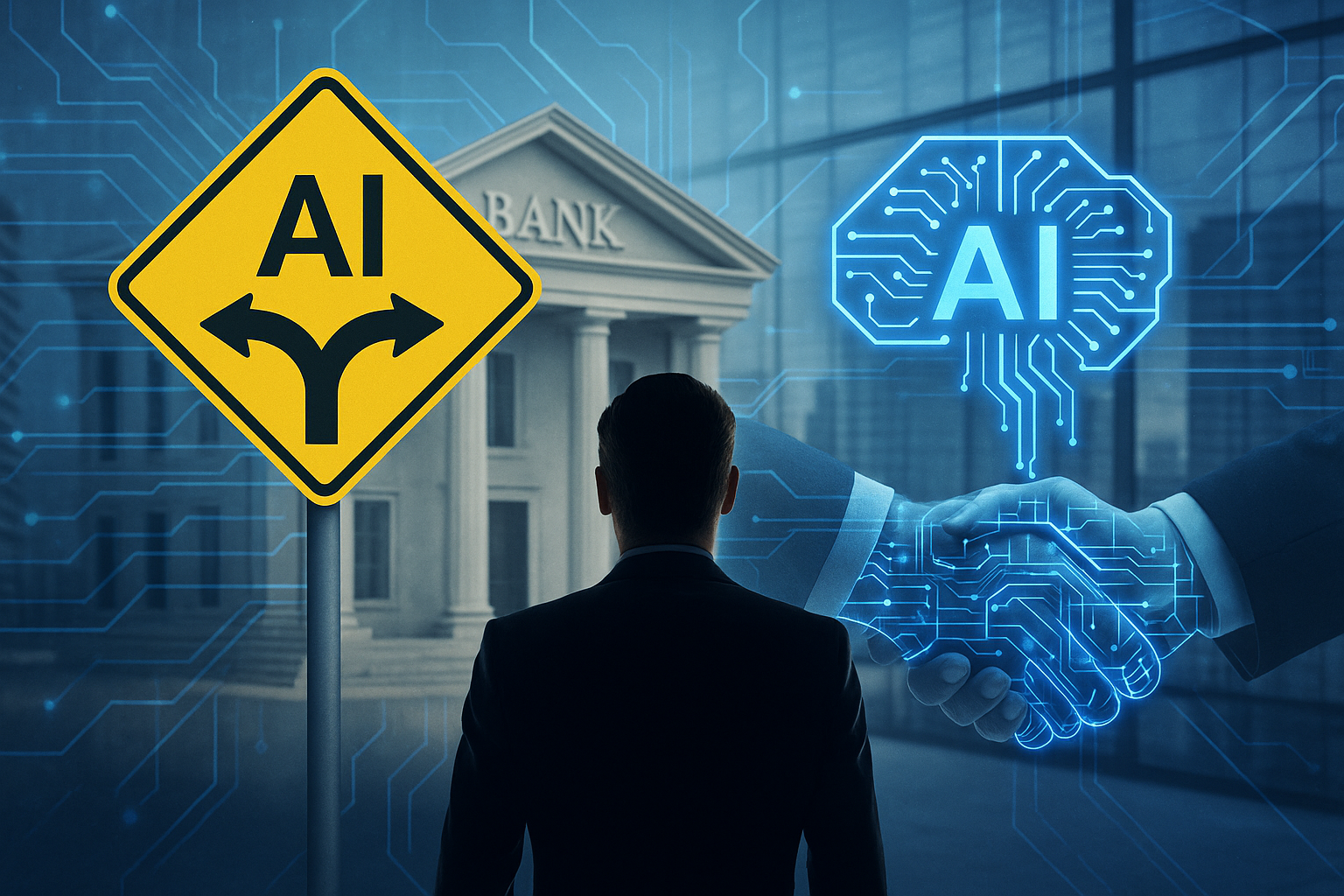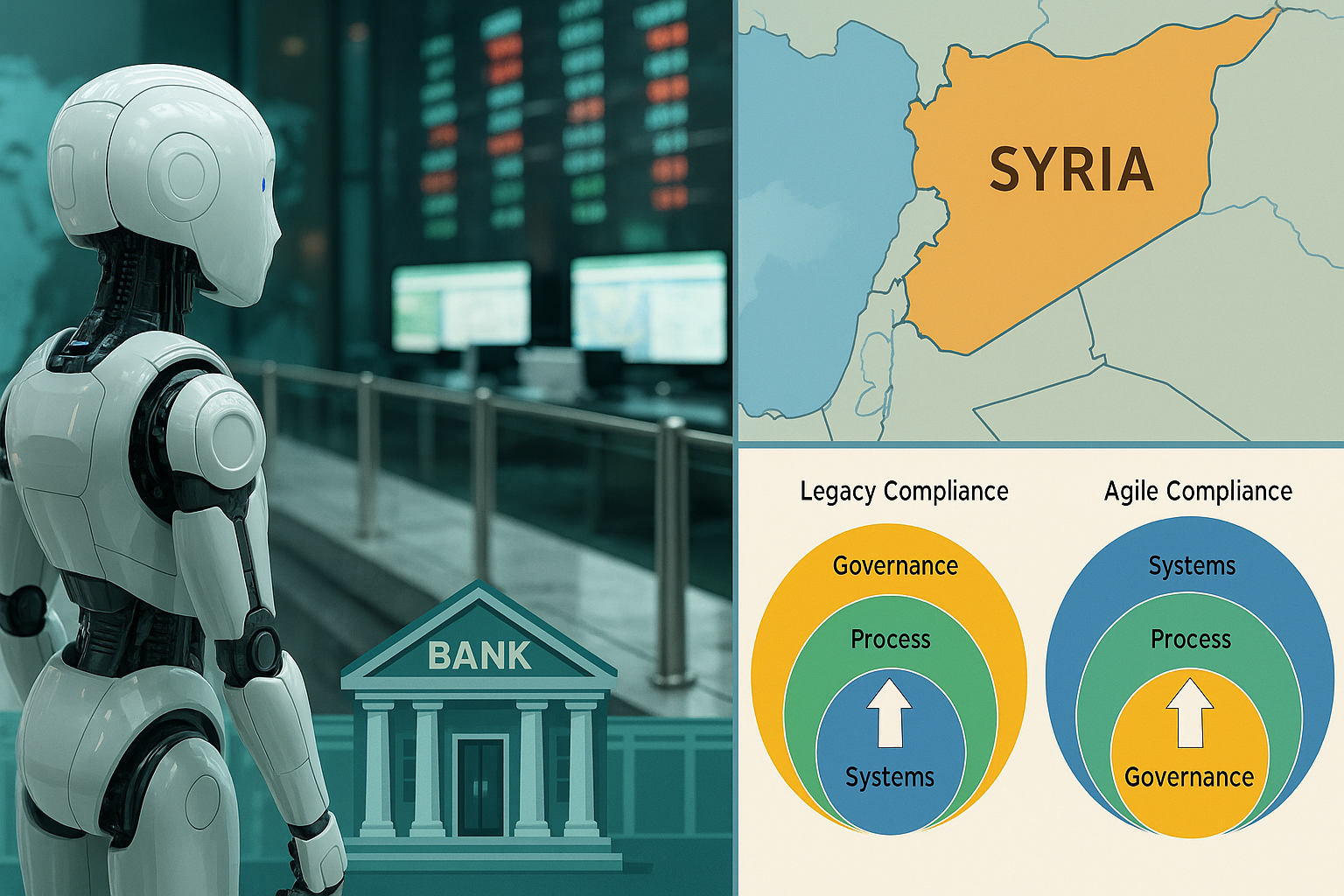Machine Learning and AI @ FaceBook

Machine Learning (ML) and AI are at the bleeding edge of data science, deep learning and predictive search today.
Everyone is jumping on this AI powered data-driven engagement (“ambient experience and convenience”) trend.
Salesforce CEO Marc Benioff said at a recent conference: “This is a huge shift going forward, which is that everybody wants systems that are smarter, everybody wants systems that are more predictive, everybody wants everything scored, everybody wants to understand what’s the next best offer, next best opportunity, how to make things a little bit more efficient.”
Facebook is a case study of where AI/ML are being used to transform user engagement and experiences. I am starting to see many leading firms investing in ML Accelerators and Platforms as part of their data science strategy.
According to Facebook software engineer Jeffrey Dunn, “Many of the experiences and interactions people have on Facebook today are made possible with AI. When you log in to Facebook, we use the power of machine learning to provide you with unique, personalized experiences. ML models are part of ranking and personalizing News Feed stories, filtering out offensive content, highlighting trending topics, ranking search results, and much more. ”
Take for instance photo display. Collectively, people will take 1 trillion photos this year with their devices. Most of these are on Facebook which has become the album of our everyday life. For its 1.65 billion monthly active users, FB is data mining to surface the right photo at the right moment (birthday, anniversary, vacation anniversary etc.). Talk about a scalable data driven digital engagement platform.
To ensure that other experiences on Facebook that could benefit from ML models, Facebook in late 2014 set out to redefine ML/AI platforms at Facebook from the ground up, and to put state-of-the-art algorithms at the fingertips of every Facebook engineer. Until then it was a chore for engineers without a strong ML/AI background to take advantage of the data and algorithms.
FBLearner Flow, as the software is known, is filled with algorithms (e.g., sparse matrix, neural networks, deep learning, metric learning, kernel learning, compositional models, non-linear structured prediction) developed by Facebook’s AI/ML experts that can be accessed by more general engineers across the company to build different products.
CoreML group is a dedicated Facebook team established to work on state of the art infrastructure and applied research to bridge the gap between research and product. CoreML has been working on FBLearner Flow since late 2014 to enable things like improved search ranking, text/sentiment classification, collaborative filtering/recommendation, payment fraud, click-through rate prediction, click-fraud detection, or spam detection.
Today, >25% of Facebook engineers are using APIs to help them leverage artificial intelligence (AI) and machine learning (ML).
“FBLearner Flow [is] capable of easily reusing algorithms in different products, scaling to run thousands of simultaneous custom experiments, and managing experiments with ease,” wrote Facebook software engineer Jeffrey Dunn, in a blog post titled “Introducing FBLearner Flow: Facebook’s AI backbone.”
“FBLearner Flow is used by more than 25% of Facebook’s engineering team,” wrote Dunn. “Since its inception, more than a million models have been trained, and our prediction service has grown to make more than 6 million predictions per second.”
The FBLearner Flow platform is similar to Microsoft’s Azure Machine Learning service and Airbnb’s open source Airflow platform, according to VentureBeat. Google leverage ML extensively already. Take for instance, Google Maps. When you ask about a location, you don’t just want to know how to get from point A to point B. Depending on the context, you may want to know what time is best to avoid the crowds, whether the store you’re looking for is open right now, or what the best things to do are in a destination you’re visiting for the first time.
Contextual AI is the most important technology anyone in the world is working on today, according to Dave Coplin, Microsoft’s chief envisioning officer, so it’s not all that surprising Facebook wants to put the technology into the hands of developers.
Posts by Tag
- big data (41)
- advanced analytics (38)
- business perspective solutions (30)
- predictive analytics (25)
- business insights (24)
- data analytics infrastructure (17)
- analytics (16)
- banking (15)
- fintech (15)
- regulatory compliance (15)
- risk management (15)
- regtech (13)
- machine learning (12)
- quantitative analytics (12)
- BI (11)
- big data visualization presentation (11)
- community banking (11)
- AML (10)
- social media (10)
- AML/BSA (9)
- Big Data Prescriptions (9)
- analytics as a service (9)
- banking regulation (9)
- data scientist (9)
- social media marketing (9)
- Comminity Banks (8)
- financial risk (8)
- innovation (8)
- marketing (8)
- regulation (8)
- Digital ID-Proofing (7)
- data analytics (7)
- money laundering (7)
- AI (6)
- AI led digital banking (6)
- AML/BSA/CTF (6)
- Big Data practicioner (6)
- CIO (6)
- Performance Management (6)
- agile compliance (6)
- banking performance (6)
- digital banking (6)
- visualization (6)
- AML/BSA/CFT (5)
- KYC (5)
- data-as-a-service (5)
- email marketing (5)
- industrial big data (5)
- risk manangement (5)
- self-sovereign identity (5)
- verifiable credential (5)
- Hadoop (4)
- KPI (4)
- MoSoLoCo (4)
- NoSQL (4)
- buying cycle (4)
- identity (4)
- instrumentation (4)
- manatoko (4)
- mathematical models (4)
- sales (4)
- 2015 (3)
- bitcoin (3)
- blockchain (3)
- core banking (3)
- customer analyitcs (3)
- direct marketing (3)
- model validation (3)
- risk managemen (3)
- wearable computing (3)
- zero-knowledge proof (3)
- zkp (3)
- Agile (2)
- Cloud Banking (2)
- FFIEC (2)
- Internet of Things (2)
- IoT (2)
- PPP (2)
- PreReview (2)
- SaaS (2)
- Sales 2.0 (2)
- The Cloud is the Bank (2)
- Wal-Mart (2)
- data sprawl (2)
- digital marketing (2)
- disruptive technologies (2)
- email conversions (2)
- mobile marketing (2)
- new data types (2)
- privacy (2)
- risk (2)
- virtual currency (2)
- 2014 (1)
- 2025 (1)
- 3D printing (1)
- AMLA2020 (1)
- BOI (1)
- DAAS (1)
- Do you Hadoop (1)
- FinCEN_BOI (1)
- Goldman Sachs (1)
- HealthKit (1)
- Joseph Schumpeter (1)
- Manatoko_boir (1)
- NationalPriorites (1)
- PaaS (1)
- Sand Hill IoT 50 (1)
- Spark (1)
- agentic ai (1)
- apple healthcare (1)
- beneficial_owener (1)
- bsa (1)
- cancer immunotherapy (1)
- ccpa (1)
- currency (1)
- erc (1)
- fincen (1)
- fraud (1)
- health app (1)
- healthcare analytics (1)
- modelling (1)
- occam's razor (1)
- outlook (1)
- paycheck protection (1)
- personal computer (1)
- sandbox (1)
Recent Posts
Popular Posts
Here is a funny AI story.
Every community bank CEO now faces unprecedented...
On May 13, 2025, the U.S. government announced...



